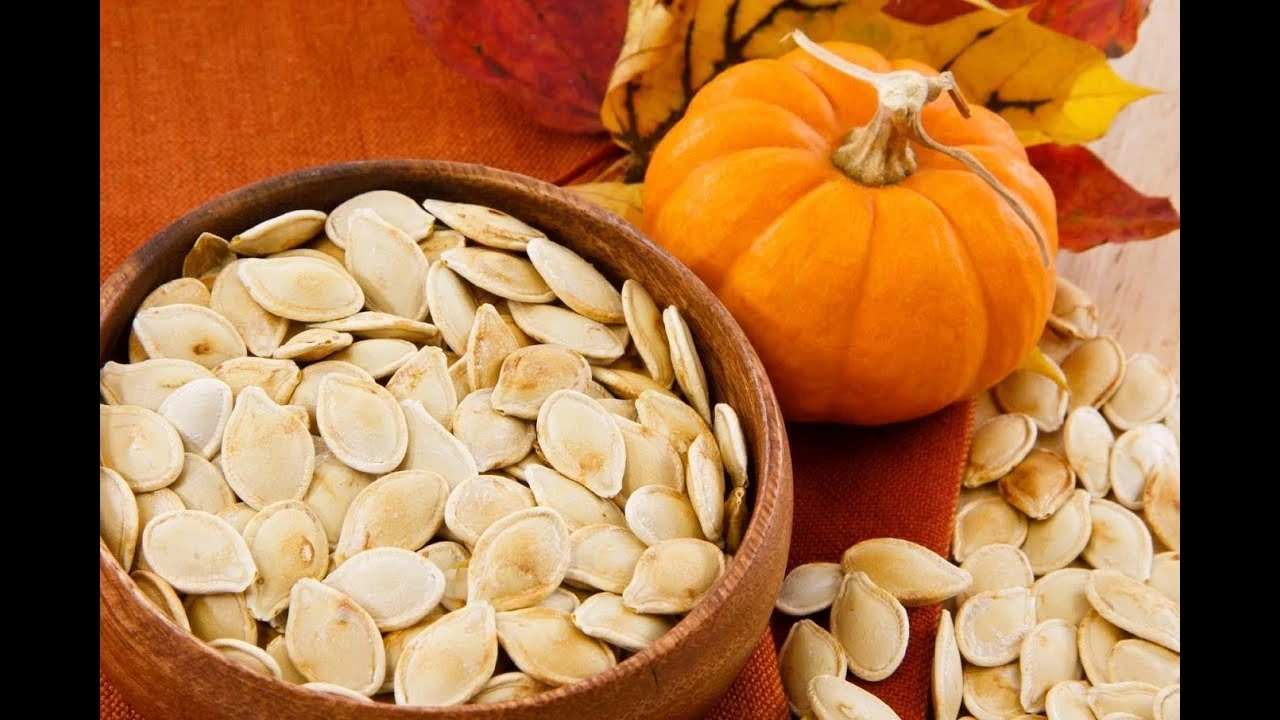Mezereon Health Benefits: Simple Facts You Need to Know
If you’ve heard the name mezereon and wonder what it actually does, you’re in the right spot. This little‑known shrub has been used in traditional medicine for centuries, and modern research is shedding light on why people keep turning to it.
What Is Mezereon?
Mezereon, also called Daphne mezereum, is a small evergreen plant native to Europe and Asia. Its berries, leaves, and bark contain a mix of compounds like flavonoids, lignans, and a bitter alkaloid called mezerein. Historically, herbalists used the plant for skin problems, digestive complaints, and to boost the body’s natural defenses.
Top Health Benefits
1. Immune support – The antioxidant-rich flavonoids help protect cells from damage, which can keep your immune system running smoothly. A few small studies suggest that mezereon extracts may increase the activity of white blood cells, making it easier for your body to fight off infections.
2. Skin care – Mezereon’s anti‑inflammatory properties make it a good candidate for soothing irritated skin. People apply diluted extracts or creams to minor burns, rashes, or acne. The plant’s natural astringent effect can also tighten pores and reduce redness.
3. Digestive aid – The bitter compounds stimulate the production of digestive juices, which can help with bloating and slow digestion. Traditionally, a tea made from the leaves was used to ease stomach cramps and improve appetite.
4. Pain relief – Some users report that mezereon oil eases joint and muscle aches. The plant’s ability to block certain inflammatory pathways may explain this effect, though more research is needed.
5. Antimicrobial action – Laboratory tests show mezereon extracts can inhibit the growth of common bacteria and fungi. While it’s not a replacement for prescribed antibiotics, it could be a handy addition to a natural first‑aid kit.
Overall, mezereon appears to be a versatile herb that can support several body systems. Keep in mind that most of the evidence comes from small trials or traditional use, so it’s wise to combine it with solid medical advice.
How to Use Mezereon Safely
When you decide to try mezereon, start with a low dose. A few drops of a diluted tincture, a cup of weak tea, or a thin layer of cream are typical starting points. If you’re using fresh leaves or berries, always steep them for at least 10 minutes to reduce bitterness and potential irritation.
Never apply undiluted extracts directly to the skin—do a patch test on a small area first. For internal use, stick to recommended amounts on the product label and avoid excessive consumption, as high doses of mezerein can be toxic.
Pregnant or breastfeeding women should skip mezereon unless a doctor says it’s okay. People with sensitive stomachs might also feel discomfort if they drink the tea too strong.
Buying from reputable sources is key. Look for products that list the plant’s Latin name (Daphne mezereum) and show third‑party testing. This cuts down the risk of contamination or mislabeled ingredients.
In short, mezereon can be a handy herb for immunity, skin health, digestion, and mild pain relief—as long as you use it responsibly. Try a small amount, watch how your body reacts, and always keep your healthcare provider in the loop if you have any chronic conditions.

